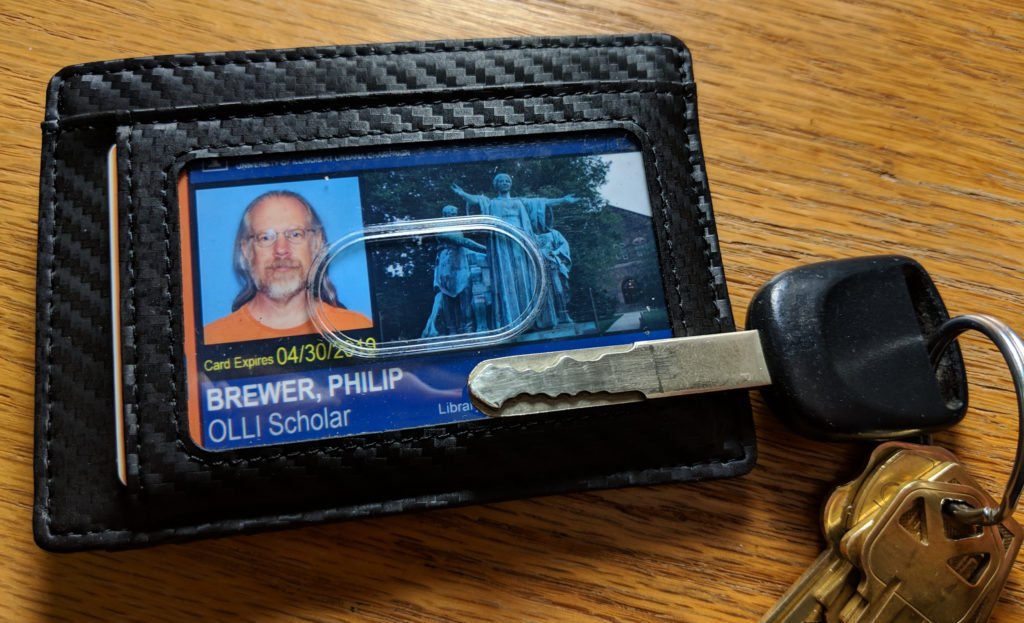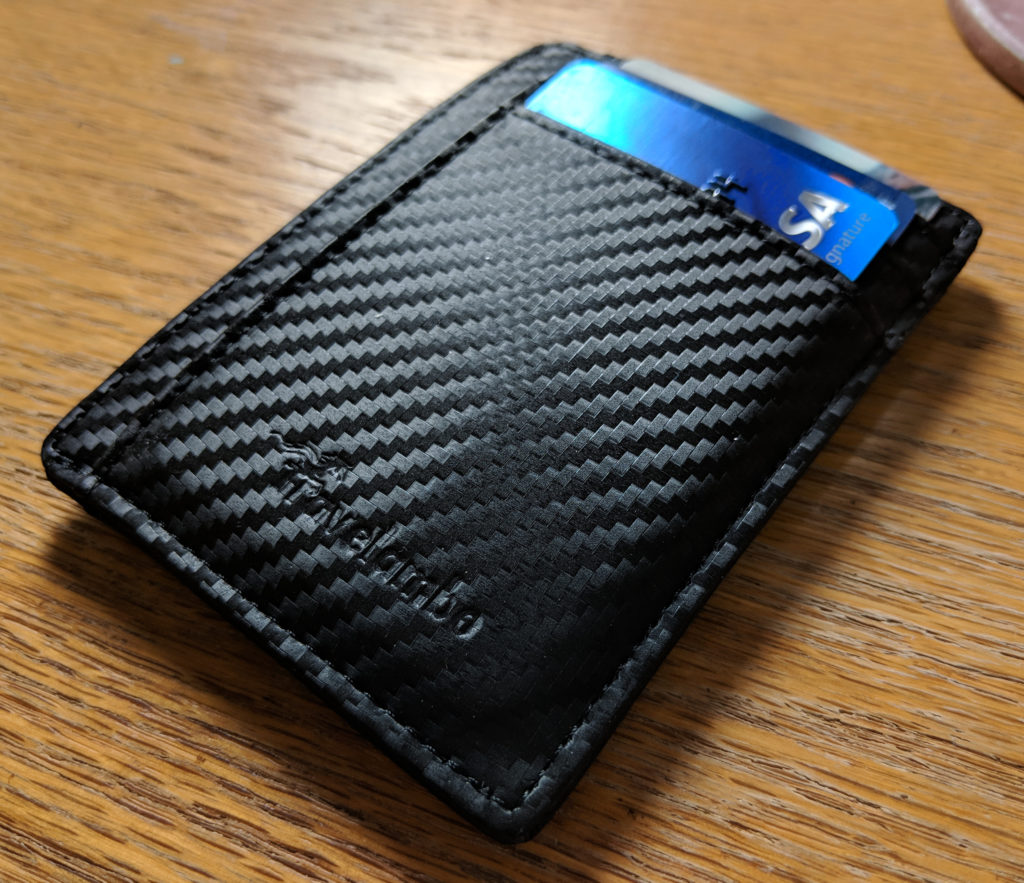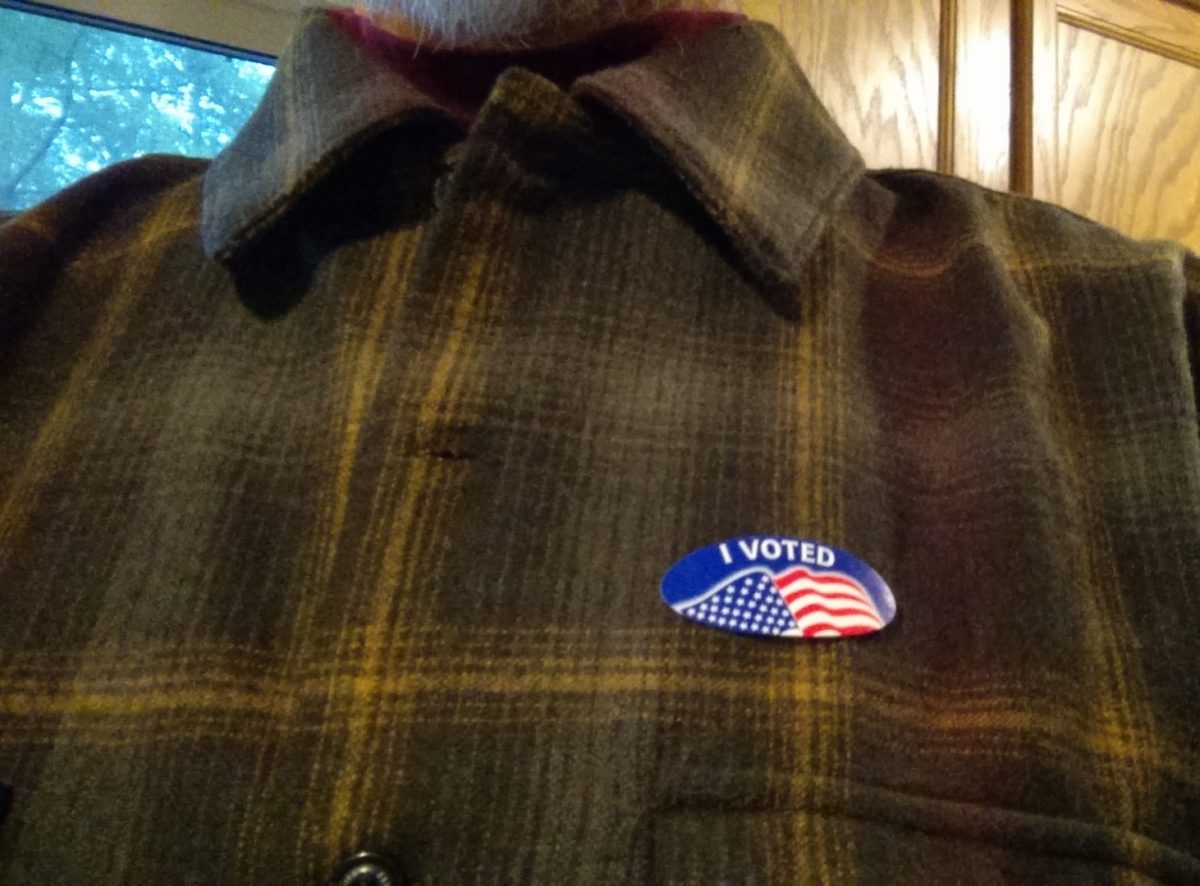The problem solved by checking IDs at the polling place—malefactors impersonating voters—very nearly does not exist at all. The “solution,” however, creates three new problems. Specifically it creates the problems of blocking voters from casting their ballots in three instances:
- If their papers are not in order.
- If a poll judge evaluates their papers incompetently, and erroneously declares them to be not in order.
- If a corrupt poll judge competently evaluates their papers, but in an act of criminal malfeasance falsely declares them to be not in order.
The result in each case is a voter being disenfranchised.
Citizens of the United States are not required to keep their papers in order. (Citizens of the United States are not required even to have papers, although it’s enough of a convenience that most people do.)
To the extent that the state has a legitimate interest in making sure that voters meet the qualifications—age, citizenship, residence, and so—those checks should be made at registration time. Doing so neatly avoids all three problems. If additional documentation is required to prove they are qualified to vote, there is time to procure that documentation. And in the case of an incompetent or corrupt poll judge, there is time to appeal to higher authority and have the error corrected.
Checks of this sort should not be made at the polling place, because it creates unnecessary time pressure—any little glitch leads to the voter being disenfranchised. To my mind, disenfranchising a voter is as un-American as insisting that citizens keep their papers in order. Perhaps more so—it strikes at the very heart of democracy.
Half-measures aimed at reducing the problem, such as provisional votes, are unsatisfactory. Voters have the right to cast votes, not provisional votes.
Voter impersonation can be almost entirely prevented simply by checking the signature of the voter against the signature in the registration rolls—a check that can be done without reference to ID cards. This also largely minimizes the threat of corrupt poll judges, because the signature specimen exists, and the judge knows that a false claim that it doesn’t match will be discovered. (Unlike a voter ID scheme, which lends itself to corrupt or incompetent poll judges arguing later about whether this or that ID was presented, or whether it met the criteria spelled out in the law.)
This post was prompted by a discussion I’ve been having on Facebook with a guy who’s worried about an article with this headline: Group says it found 30,000 dead North Carolinians registered to vote.
I responded, pointing out that everyone who’s ever registered is probably still registered, because there’s no central reporting mechanism for working back from death certificates to every address where the deceased might once have registered to vote.
This guy’s response was that all those registrations of people who are dead could be used by malefactors to vote multiple times.
I rather liked my response (the opportunity to quote it here is the main reason I wrote this post):
Sure—but that would be a crime. You could also show up at the polling place with automatic weapons and make everyone stand against the wall while you stuffed in 1000 ballots marked for your preferred candidates.
It’s a pretty easy crime to detect, too—just get a list of death certificates and compare that list to the list of people who voted. And people have gone through that exercise, and discovered that criminals impersonating dead people to cast additional votes is a crime that’s about as common as people showing up with automatic weapons and stuffing the ballot box.
All voter ID laws gain anyone is an opportunity to disenfranchise voters, a terribly un-American goal.



